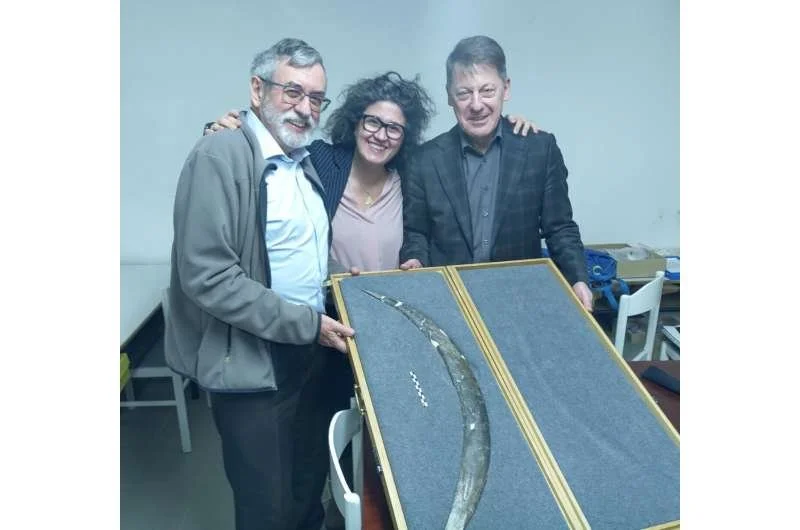Groundbreaking research using ancient human genomes has provided fresh insights into the genetic changes that helped early humans survive their first migration out of Africa. An international team of scientists, including researchers from The Australian National University (ANU), has reconstructed the historical adaptations that shaped our ancestors' journey into new and challenging environments.
Tracing Genetic Evolution Through Ancient DNA
For the first time, researchers have identified specific genetic patterns that reveal a series of natural selection events dating back approximately 80,000 years. These findings suggest that early humans who eventually settled outside Africa underwent a prolonged period of genetic isolation and adaptation—possibly in the Arabian Peninsula—before dispersing globally around 50,000 years ago.
According to Dr. Raymond Tobler from ANU, this phase, often called the "Arabian Standstill," was a crucial moment in human evolution. During this time, the ancestors of all non-African populations adapted to colder environments, preparing them for the harsh climates of Eurasia.
Ancient Adaptations Still Impact Modern Health
The study found that many of the genetic adaptations that allowed early humans to survive in extreme conditions bear striking similarities to genes found in Arctic populations today. Senior researcher Professor Shane Grey from the Garvan Institute noted that these ancient genes share functional traits with those found in modern humans and mammals living in cold environments.
However, while these adaptations were essential for survival at the time, they now have unexpected consequences. Dr. Yassine Souilmi from The University of Adelaide and ANU explained that some of these once-beneficial genes are now linked to obesity, diabetes, and neurodegenerative diseases in modern populations.
Connecting Evolutionary History to Modern Medicine
Beyond deepening our understanding of human evolution, these findings could have significant medical implications. The study suggests that by focusing research on these previously selected genes, scientists may be able to develop more effective treatments and preventive measures for certain modern diseases.
This research highlights the complex relationship between human evolution and health, showing how genetic adaptations that once ensured survival in harsh climates may now play a role in contemporary health challenges.







